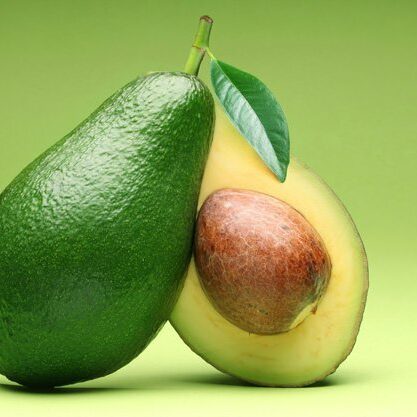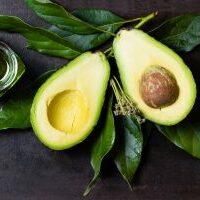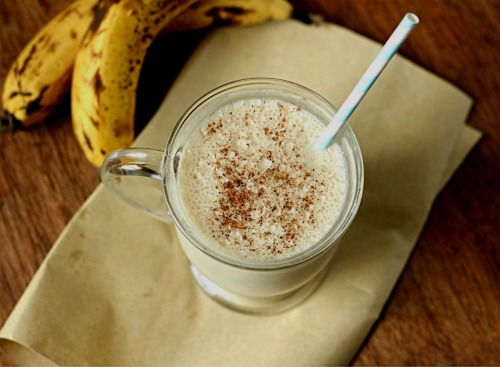Essential Fatty Acids

Who can't resist the irresistible combination of creamy avocado on toasted , sprinkled with zesty lemon juice, a pinch of salt, and a dash of pepper? Yet, beyond its delectable taste, this simple yet satisfying dish packs a punch of essential fatty acids, vital for your well-being.
However, did you realize that issues like dryness, dullness, itchiness, and acne could stem from a deficiency in essential fatty acids? When your diet lacks these crucial nutrients, your skin often bears the brunt. While delving into the extensive research on essential fatty acids could take days, let me provide you with a concise overview of their significance.
The Secret to Healthy Skin
Who can't resist avocado on toast with lemon, salt, and pepper? But did you know that this yummy light meal is providing you some super important fatty acids?
Did you know that dry, dull, itchy skin, acne, and other skin issues can be a result of Essential Fatty Acid deficiency due to a lack of "essential fatty acids" in your diet? There is a lot of research on essential fatty acids, and I could be writing for days about it, so I'm going to give you a brief understanding of why they are so "essential."

What are Essential Fatty Acids?
Essential fatty acids or what we are more familiar with omega 3 and omega 6 hold the key to healthy skin cells, nerve function, hormone production, brain function and aiding the body in absorbing fat-soluble vitamins and minerals such as vitamin A, D, E & K.
Along with that they also play an essential role in suppressing immune and inflammatory responses within the body. Fish and marine oils are long-chain polyunsaturated fatty acids (PUFA). A study found that PUFA had a positive effect in immunologic and inflammatory diseases. Increased consumption of these fatty acids leads to a suppression of immune and inflammatory responses within the body. Immunologic and inflammatory diseases can be psoriasis, arthritis, inflammatory bowel disease, autoimmune diseases and even aging can speed up by inflammatory processes.
Alpha-linoleic acid (ALA) is a plant based omega 3 essential fatty acid because the body doesn't produce this naturally it relies on us eating foods high in omega 3. EPA and DHA are also omega 3 essential fatty acids which the body can convert from Alpha-linoleic acid. Therefore, they're not technically classed as "essential." However, the conversion is still not enough to provide the body with the required amount.
Why do we lack these good fats?
Unfortunately, we live in a world that is all about reducing fat intake everything is "fat-free." However, cutting all types of fat from your diet means that we are missing out on the essential fats that our cells rely on to function properly.
So how can we increase our intake of essential fatty acids? Add these excellent sources of omega 3, and 6, to your diet:
- Dark Leafy vegetables such as broccoli and spinach
- Brussel sprouts
- Olive oil
- Avocado and avocado oil
- Flax seed oil
- Walnuts
- Almonds
- Eggs
- Fish – sardines, salmon, mackerel
- Natural almond and nut butters
While there are many essential fatty acids, sourced from different foods, the trick is avoiding the fishy after-taste. If you can stomach it taking a teaspoon of fish oil is a quick and easy way, but doesn't taste great. Instead, try and add a teaspoon and gradually increase to a tablespoon of either fish oil or flax seed oil to your smoothie or yogurt. Another way to increase your intake is by adding flax seed or avocado oil as your salad dressing, it is a lot healthier than salad dressings.
Amanda's Essential Smoothie
- 1 Banana
- Almond Milk
- 1 teaspoon Peanut Butter
- Greek Yogurt
- 1 tablespoon Flax Seed Oil
- Pinch of Nutmeg or cinnamon
Blend and Enjoy
*If you don’t like peanut butter you can also try raw cacao powder it will give you the chocolate taste without the sugar.
